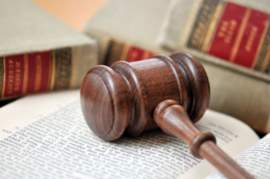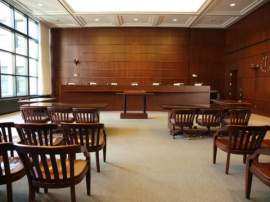
Venue

Venue is a legal term which simply means the place where a case will be heard. While it has a simple definition, venue can actually be a very technical legal problem which requires review of local laws. In order to determine proper venue, it is required that you can identify all parties to the lawsuit, all laws that will be effected by the lawsuit, and even make an evaluation of what fairness requires.
The following is a general guideline for determining venue for a case to be heard by a court:
1. First, you must determine if the case is going to be heard in federal court or in a state court. Federal courts will hear cases that require the use of federal law or where the parties are diverse. Diverse parties is a specific term which refers to the residence of the parties. If two or more opposing parties are residents of different states and the amount of money the case involves reaches a specific amount, the federal courts will hear the case.
2. Next, you must determine the proper location of the court in which your case will be heard. Federal courts have district courts in multiple areas and states likewise have courts throughout each county and parish. As a general rule, venue should be a location where the defendant resides or has easy access to the courts.
3. Finally, you must be aware that cases can sometimes be moved from court to court, depending on whether the parties challenge venue or if the court finds that justice requires a change in venue. You may need to argue in front of a judge the reasons why to keep or change venue, depending on your strategic plans.
NEXT: Judge


















